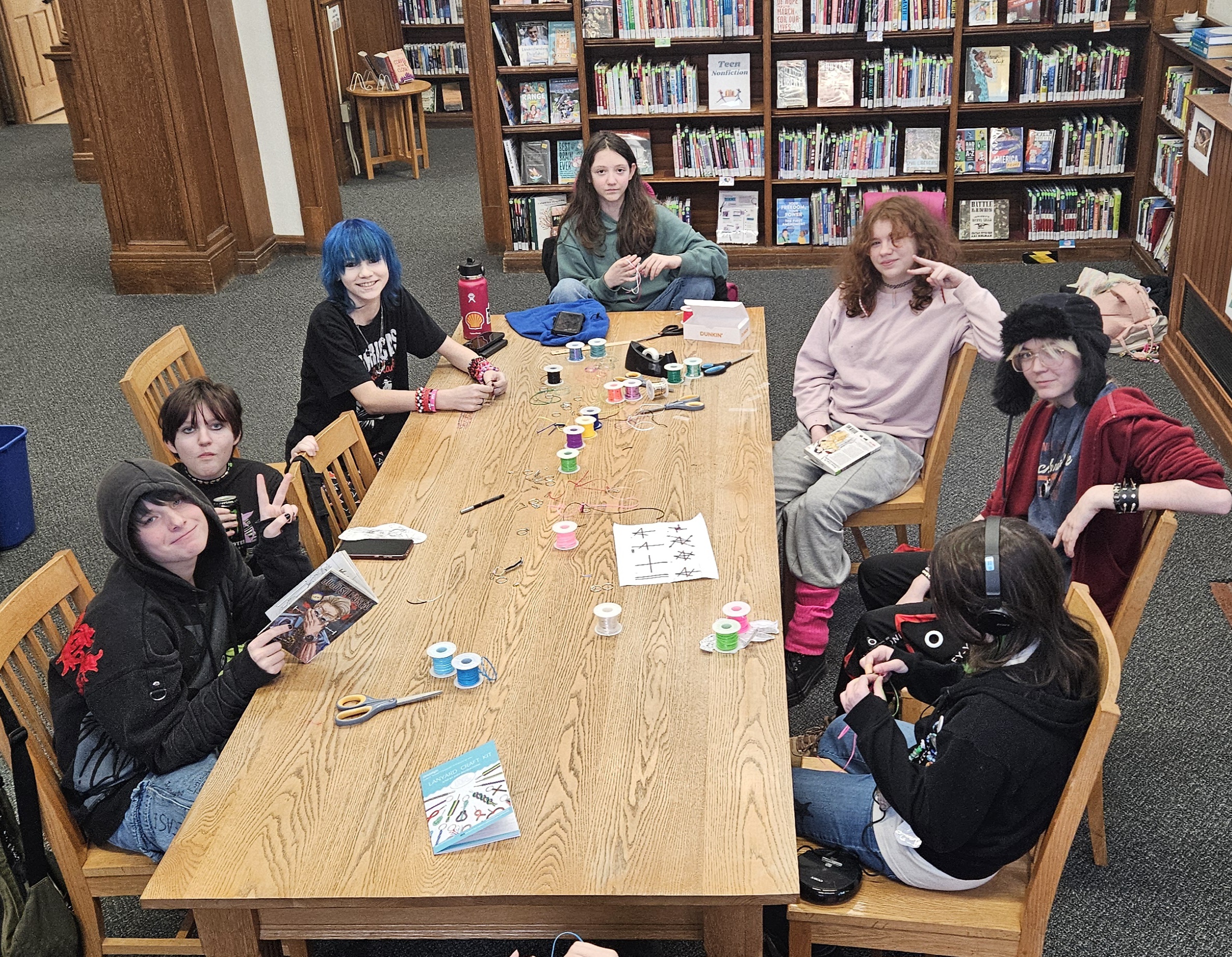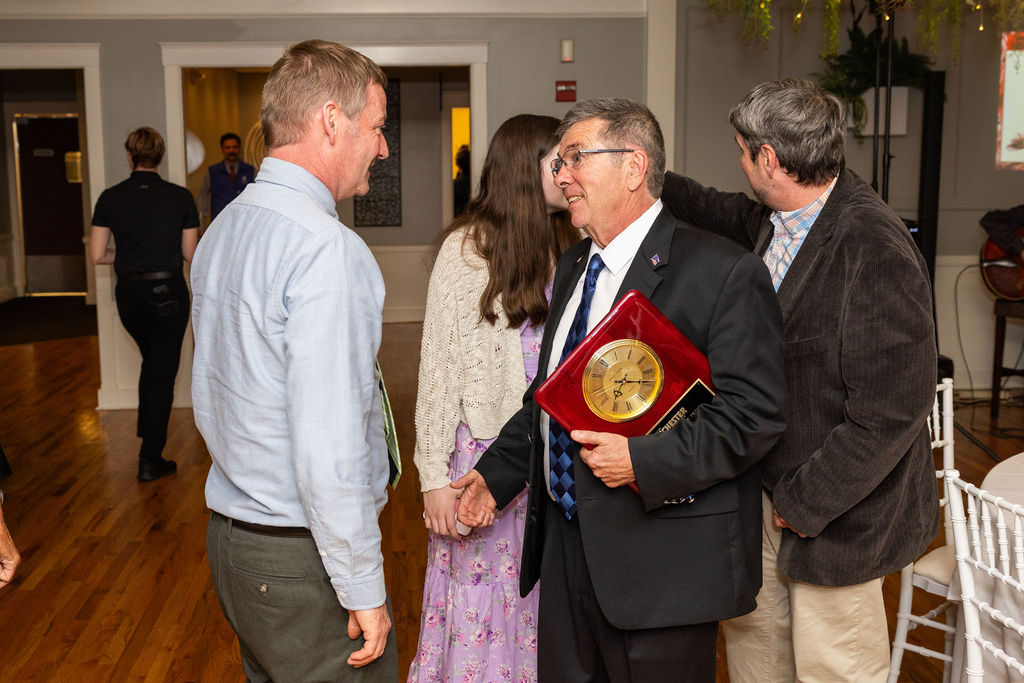At a recent City Council meeting, a controversial topic surrounding a small selection of library books was overwhelmingly removed from the agenda by 12 of the 13 members, however, the conversation continues in regional news outlets and on social media.
The removal of the topic was in response to one member’s desire to look further into the library’s policies of collecting and displaying books that feature subject matter and imagery for which some are vehemently opposed, especially in areas of the library that are designated for young children and families.
According to Rochester Public Library director Marie Lejeune, the Public Library is a place for all, no matter their gender, race, sexual identity, or political affiliation. In addition, Lejeune states that librarians determine the location and placement of books based on a variety of factors, including their intended audience.
“The three books in question are not displayed or located in or near the Children’s Department,” Lejeune said unequivocally. “Two are located in the Young Adult section and the third, which has garnered the most discussion, is intended for adult readers.”
Further, Lejeune says there are countless examples of controversial materials in the library that most would find abhorrent, such as Mein Kampf, a 1925 autobiographical manifesto by Nazi Party leader Adolf Hitler. Lejeune says the materials are included in order to provide context and historical reference.
“The nature of any library is to select materials for all kinds of purposes,” said Lejeune. “The practice is not unique to Rochester.”
The American Library Association’s ‘Library Bill of Rights’ serves as a guide for the direction of the library’s current circulation and ongoing collection practices.
Libraries should provide materials and information presenting all points of view on current and historical issues. Materials should not be proscribed or removed because of partisan or doctrinal disapproval. [Adopted June 19, 1939, by the ALA Council; amended October 14, 1944; June 18, 1948; February 2, 1961; June 27, 1967; January 23, 1980; inclusion of “age” reaffirmed January 23, 1996.]
According to Lejeune, Rochester librarians have had individuals express concern about some library materials in the past. “Usually these situations were resolved by a conversation about the fact that the Library’s goal is to provide access to materials for all members of the public in all their variety.” An official challenge to materials has not happened since the early 1990s.
“If we start entertaining the idea of limiting or removing items, what’s next? Religious texts, political memoirs, National Geographic? It’s not our responsibility to censor certain topics and ideologies,” said Lejeune. “We should all celebrate the fact that the U.S. Constitution protects the right to free speech, for good reason.”
Lejeune says that the mission of the Rochester Public Library is to provide free and fair access to information, controversial or not.
“Our job is to provide a wide breadth of resources and informational materials to all people,” said Lejeune. “It’s the responsibility of the reader to consume said materials, apply critical thinking, and decide for themselves what to think. For children, that responsibility falls to the parent. We encourage parents to actively participate in their children’s reading choices.”
Lejeune concludes by encouraging readers to read the books themselves and understand the content and intent before passing judgment. “Even though it might not be for you, it could be helping someone else in need.”









